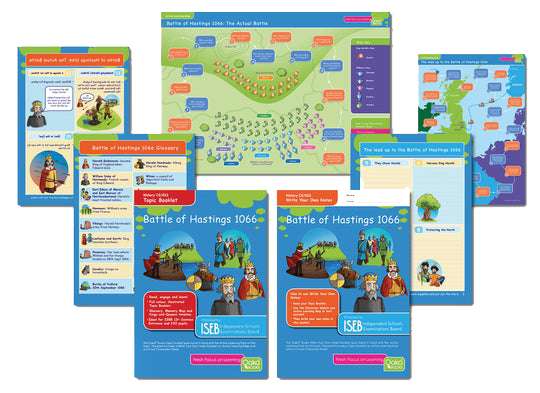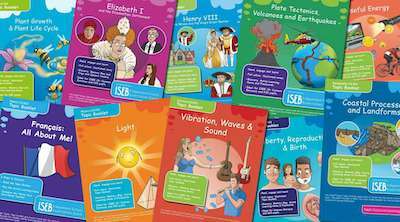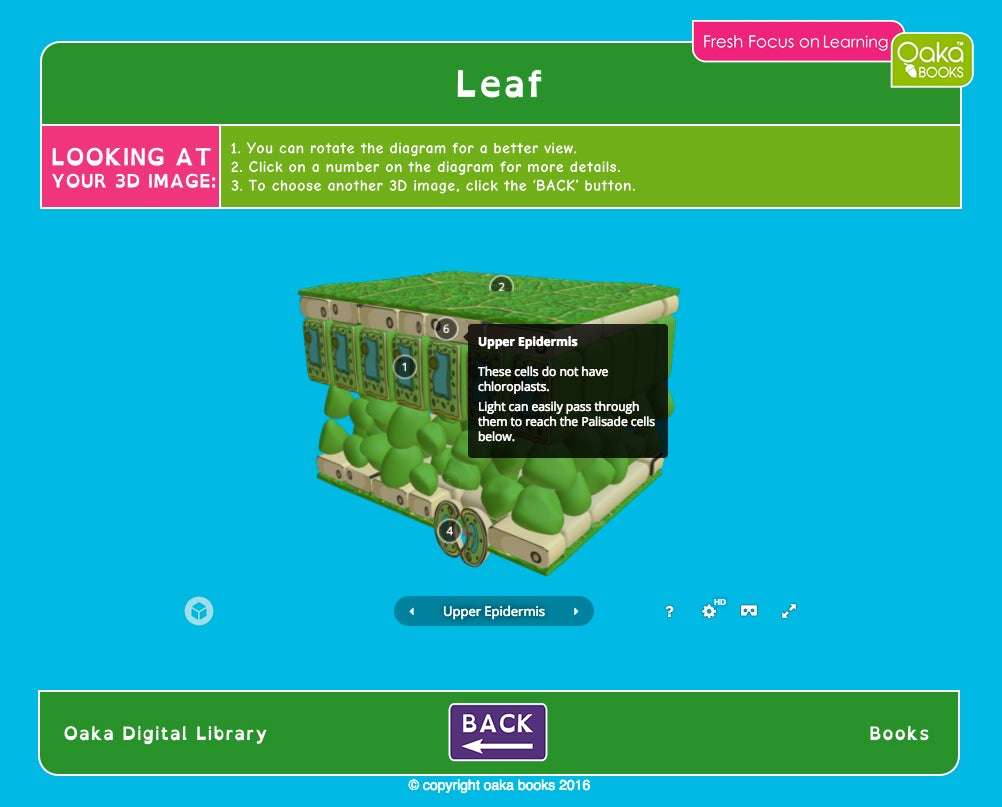Understanding how to put together assignments in a clear concise way is another important skill for all pupils, whether they are dyslexic or not.
Our struggling children, in particular, often find a blank sheet of paper incredibly off putting and stressful. They take so long to even start that they run behind and regularly don’t finish their work. It is not, then, too surprising, that their grades can be lower across the board as they only ever do part of the work.
A useful way to help them actually ‘get going’ is to provide a clear template to work with; a structured procedure to help them get words down on the page and get cracking.
This can include using mind maps for all the initial ideas, placing ideas in order of importance, brainstorming for a list of words relating to the topic. Once pupils have this down on paper, they have the start of something.
From here, they can start putting it all into an organised order and format. Using the Oaka Essay Planner in the classroom can really help formulate good essay writing practices, thus making the process quicker and easier as time goes by. Once pupils understand ‘how’ to write a good essay or assignment, they are then free to work on the content.
Pupils need to understand that none of us can simply write something and that is it, done and dusted, at the first attempt. They need to understand that everyone, parents, peers and teachers, all have to reread and redraft work before they are happy with it.
Asking for teacher feedback before the finished article is handed in should be encouraged. This is a fabulous sign that pupils are moving towards becoming real grade risers! Peer reviews can be valuable for some pupils but need to be managed in the right environment of encouragement to avoid confidence being knocked. For struggling pupils this can be akin to asking a dyslexic pupil to read out loud in class!
Once pupils have checked and redrafted their work, they should then check SPaG which is an essential skill. This should be left until the end, especially for SEN pupils, to avoid blocking their thought process with concerns about spelling and grammar.
Pupils having a ‘process’ to follow in producing assignments will find it far less stressful than those who feel they don’t know where to even start. Using the right format to construct an essay can gain marks even if the content does not actually change so it is a skill well worth honing in the quest to help your child become a grade riser.





